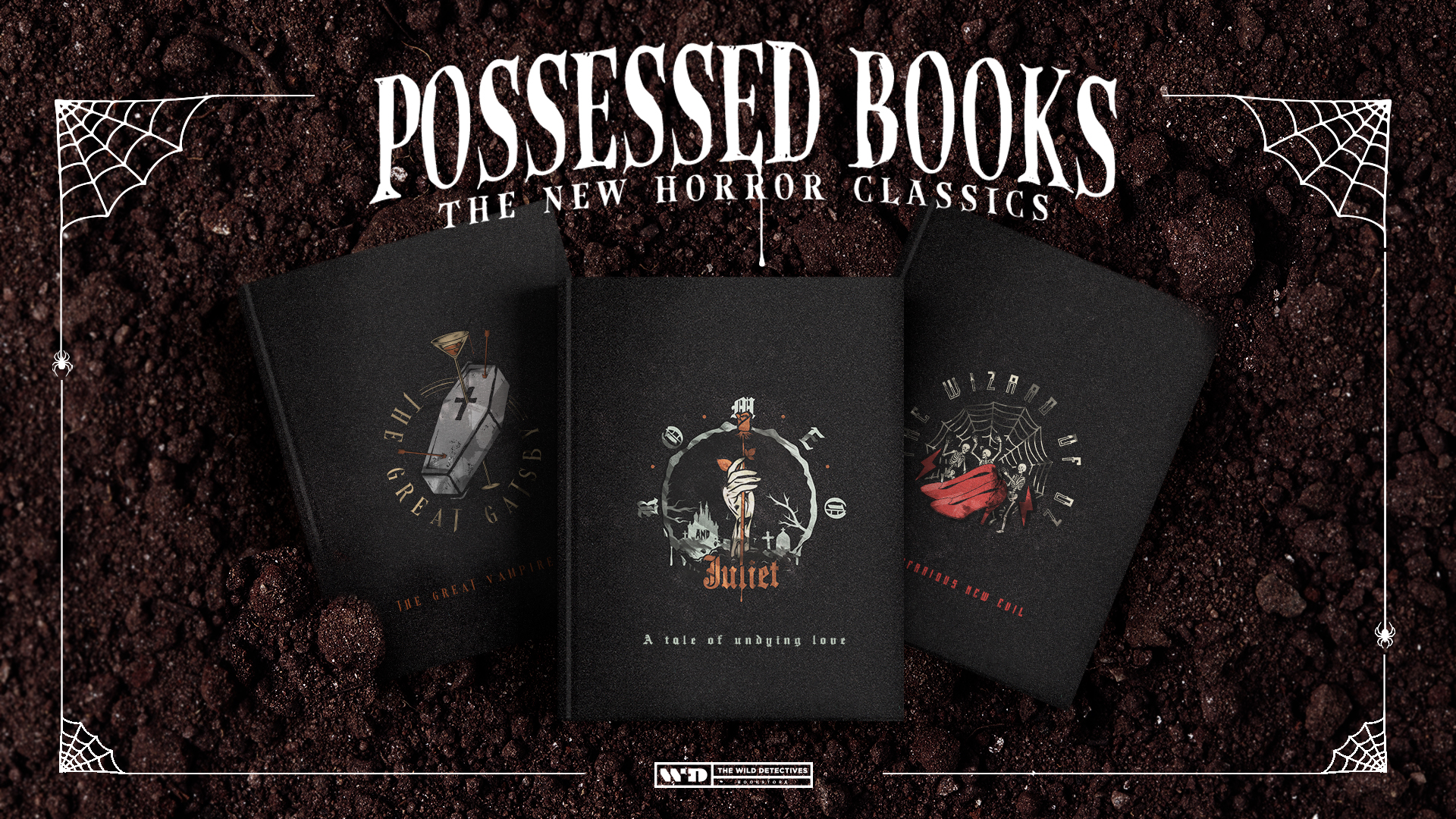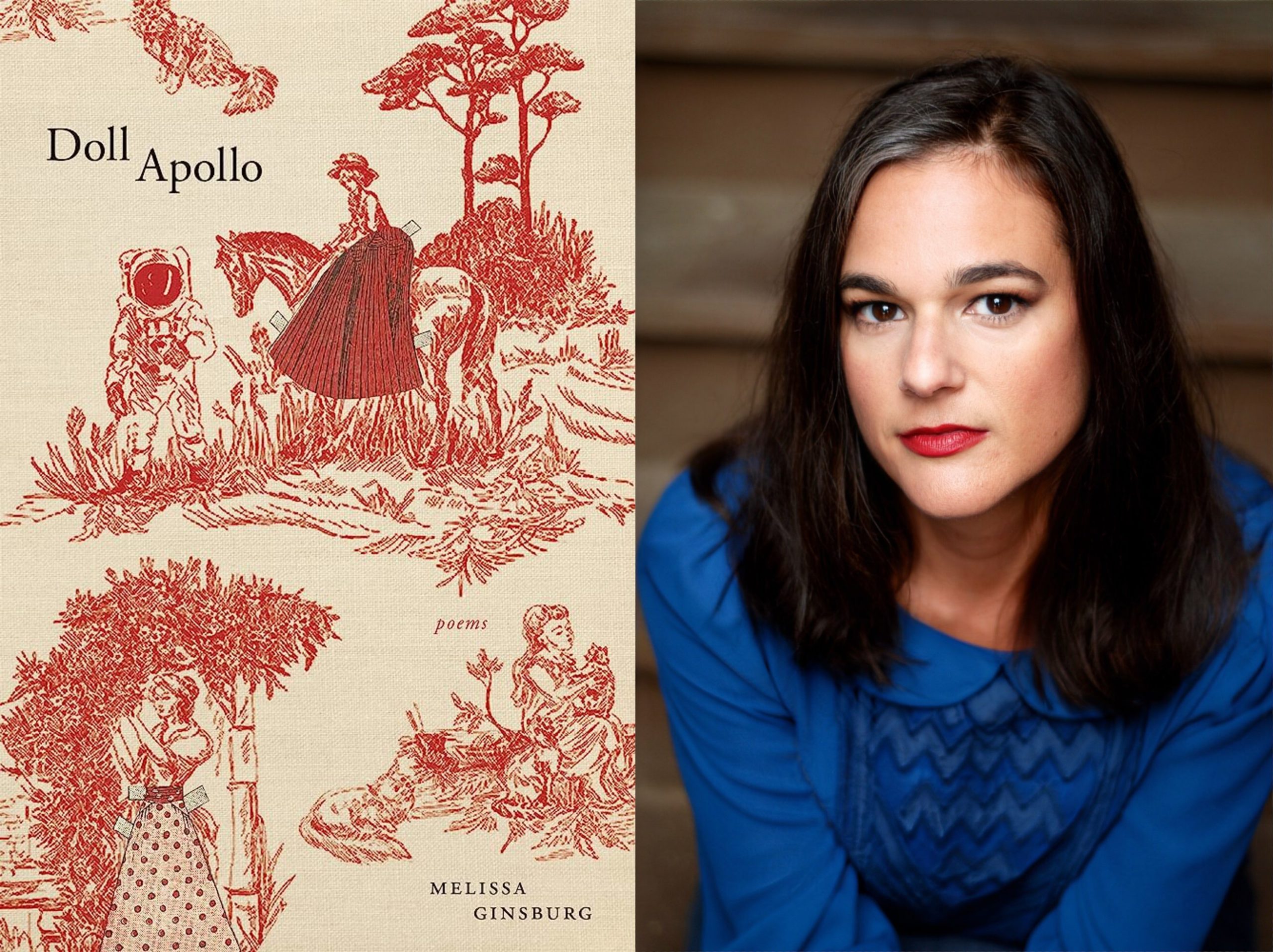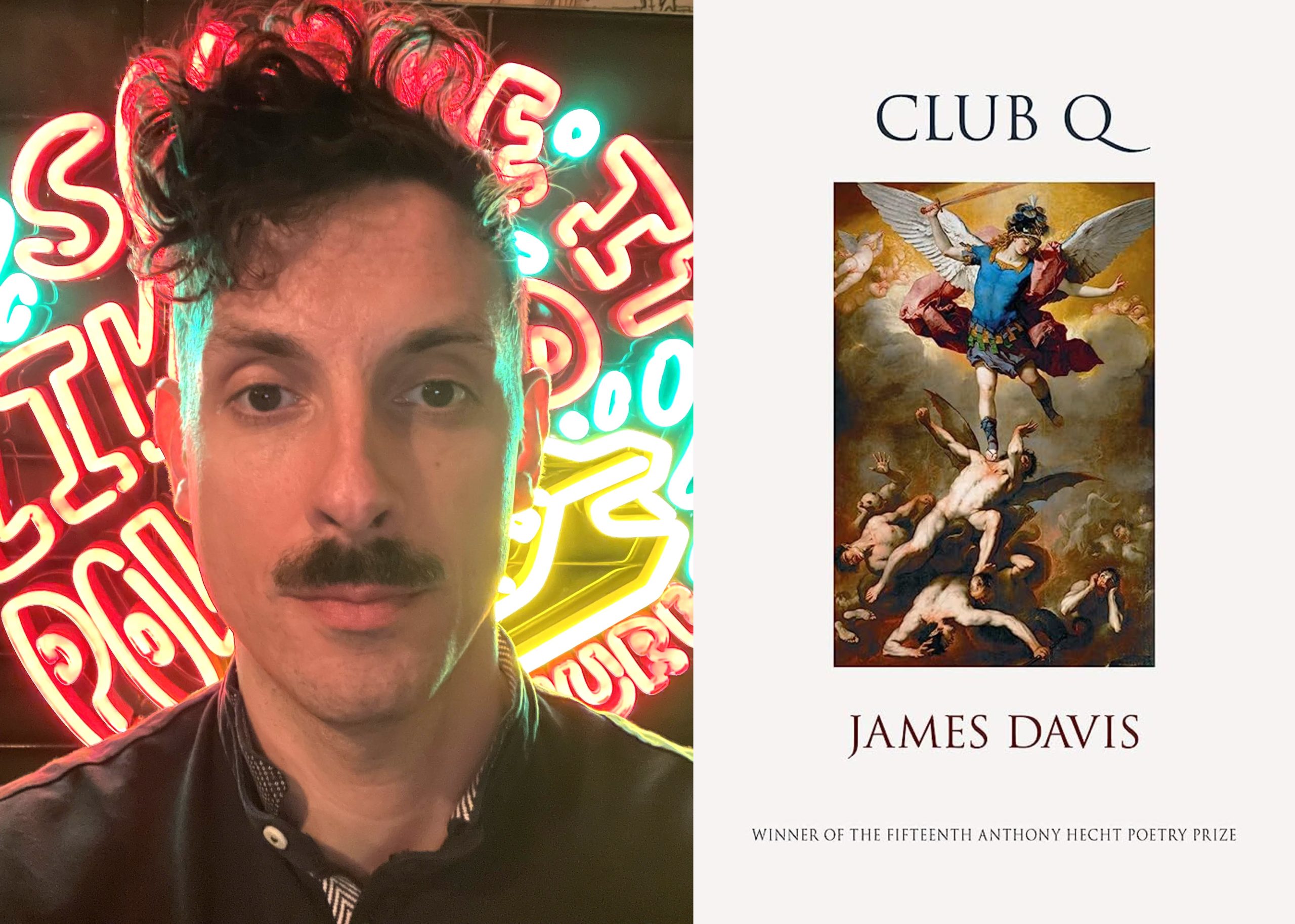As a result of her grandmother’s efforts in enrolling her in an English language school in the Ukraine, Svetlana was initiated into something outside the range of most Soviet children. English, her second language, became the medium through which she navigated the world; it also created distance between herself and the environment in which she spent formative years. “Being a writer always comes from within a person. It always shows itself. But when I was young I thought, ‘Can I write at all? Can I write in a language that is not my own?’”
Taking ownership of a language involves seeing it as an entity. Jhumpa Lahiri’s bilingual memoir, In Other Words, describes her process of emerging as a freer artist in the Italian language; it affords her greater freedom by tearing away all sense of expectation and pressure. “I think, like any artist or any writer, I just want to have that pure freedom of expression and of thought — the freedom to explore and move in unexpected ways,” Lahiri writes. Learning a language is one of the most profound things you can do. To write, think, and live in a new language. In a sense, the limits of your language indicate the limits of your world, and part of what a writer does is deepen his or her understanding of language; the mystery remains and deepens.
Svetlana arrived at a linguistic identity all her own in her mastery of English. Starting in her thirties, Svetlana had a few short stories published in British and American magazines: Witness, Drunken Boat, Circumference, Eclectica, The Literary Review, and elsewhere. Her big breakthrough came in 2013 when her work of fiction, Dam Duchess, was selected runner-up in the famed Shakespeare and Company’s literary prize in Paris. The contest, supported by the De Groot Foundation, celebrates the artform of the novella.
Learning a language is one of the most profound things you can do
“I saw the advertisement and loved the picture, there was this stylized image of Shakespeare and Company with a blooming cherry tree and a goat next to it. It was so witty and beautiful I thought, ‘let me try.’” Although skeptical of contests, due to the statistical improbability of winning, Svetlana submitted her novella. Out of around 500 entries, she was informed that she had made the long list, and then the short list, and on March 29, 2013, she received a call that Dam Duchess had been selected as runner-up. “It was on my late grandmother’s birthday, of all things. My late grandmother who played that crucial role of enrolling me in that English school in Ukraine. Such connections exist in every writer’s life, I stopped marveling at them long ago,” Svetlana says. “The day I finished this novella was also the day before my son’s birthday, and the next day I had my second son. I finished the novella and then was able to give birth. It all feels so serendipitous.”
Even though this critical honor brought Svetlana a surge of confidence, she still struggled to get work published. “It gave me the confidence to go on, but it’s an eternal struggle,” she admits. Dam Duchess was finally published last year in Eclectica Magazine, four years after the contest. “I offered it to many literary presses. They praised it, but it is probably so provocative that they didn’t dare take it on.”
The now stand-alone novella is coming out this September through Whisk(e)y Tit, a press based in NYC and Vermont. The fast-growing experimental literary press concentrates on blatantly non-commercial, provocative fiction; the definition of anti-mainstream. Dam Duchess originally formed part of Svetlana’s debut novel, Zap, also published by Whisk(e)y Tit in 2017; in 2015, the novel was shortlisted for the Tibor & Jones Pageturner Prize in London.
Zap rotates between extremes: “a night and a day away from Moscow by express train, or a day and a night away from the Black Sea by a slow passenger train, the city of Zaporozhye inextricably see-saws between the south and the north, the sublime and the surreal, and the ancient and modern worlds.” A litany of literary names populate the book and precipitate the novel’s plot (from Pushkin, Chekhov, Dostoevsky, to Tolstoy, Dickens, Hemingway and Nabokov). Beyond this fare, the relations and interconnections of the tale’s cast of characters zip and zap their way around Russia and Ukraine so that by its end, Zap becomes not only a verb or a setting but a kind of mythos.
“I think that whatever needs to be said already rests within us,” Svetlana says, “and we take things from our lives, our immediate experience. My first novel centers around my hometown, a failed industrial giant in the southeast of Ukraine called Zaporozhye (Zap for short). It’s the city which promised to become one of the hubs of the Soviet Union, but it failed for many reasons. I spent the first 26 years of my life there. The story is about striving to fulfill your dreams under the airtight lid of Soviet totalitarianism. The idea that people’s dreams cannot be killed wherever you live. People will, in their own way, strive to find grails, will go on their quests, whether it is becoming famous, gaining happiness, or reaching sexual fulfillment, or just being happy in other ways. There are a few principal characters in Zap each with their own dreams, their secrets. Many of them become successful indeed; the price they pay for it is another thing.”
What shows in writing is probably 10% of your research, like the tip of an iceberg
In terms of creative process, the Ukranian writer first gets to know her characters and lets them tell their story. “There are tentative plots, but in the course of writing I often discover the plot changes. The character wants to go somewhere else or wants to meet other characters under different circumstances,” Svetlana says. “And there’s a lot of research involved. If you want to go into a coal mine, you have to know the life of miners. If you want to place an episode in a hotel, you’ve got to look up a dozen hotels and see which of them meets your needs. Even if you don’t use all the information you gain, the research will help you. What shows in writing is probably 10% of your research, like the tip of an iceberg. The research needs to support your writing; otherwise, it will be hollow and will just collapse.”
Svetlana recalls one of her characters in Zap, a woman writing her dissertation on Hemingway. “She’s a bit mad and comes to the conclusion that she’s Hemingway’s illegitimate daughter. Hemingway always dreamed of having daughters but never got them. I had to understand, for my character, how it is that she came to the idea she was Hemingway’s daughter. There’s this fundamental biography about Hemingway by Carlos Baker that my sage writer friend Eric recommended me, 700 pages long. I read the whole thing and probably used 2 sentences of it in my book, but it was crucial for me in developing this character. The reader should never know the extent of research that goes into a book; it’s not their concern. I demand their attention for weeks, so if a reader connects to my writing, I must give him or her the pleasure, the full experience.”
In order to meet the demands required by creative work, Svetlana holds strictly to routine. “Writing is a vey treacherous occupation in the way that you betray everybody with your writing, so to say. It is so demanding, it devours you,” she says. To keep herself available to her family yet faithful to her work, Svetlana makes use of undisturbed pockets of time. “There’s an hour I have after work [teaching] is finished and before I can pick up my child from kindergarten. I found a fueling station with a café and wifi. It’s a 2 minute drive from my workplace, so I go there. I know I won’t be disturbed there. I always order the same thing: a sandwhich, a Bounty and green tea. Then I start working right away. The recent things I’ve written were entirely written there. I think it’s the only way.”
One day, after reading Derek Walcott’s Omeros, Svetlana suddenly found herself writing a verse narrative called Tumbleweed. Her composer friend Partick Flanagan scored it, and it became an experimental solo-musical. The work is a tribute to Shakespeare and Company and dedicated to Sylvia Whitman, the bookshop’s owner. The narrative tells the story of a person who quits his day job to embark upon a series of bohemian adventures, finally encountering his true vocation—working at the bookshop. “I think Tumbleweed was this unexpected project dictated to me. It’s very sarcastic, humorous, extravagant, exuberant. But it’s also an argument for only doing what you want, not what other people want. We all want to be read and heard, but paying attention to other people’s wishes is useless. You should only write what you have a deep desire to write. The paradoxical thing is I never considered myself to be a poet. I’ve been declaring it for 10 years. This just shows you should always keep an open mind. Of course, it’s very difficult to make a narrative with verse, but then the rewards you have from it are immense.”
Svetlana is now continuing work in this genre, writing a book-length verse narrative about Donetsk, the currently war-afflicted miner’s city – “my quasi-alma mater – once a beautiful megapolis in the east of Ukraine. Again, this was an unexpectedly emerged project, sparkling off from a new friendship – a friend who volunteered to share his dramatic biography with me and literally dragged me back to my motherland, of which, before the events of the 2014 Ukrainian Revolution of Dignity, I had been more or less in denial.”
So, although Svetlana draws on experiences that shaped her childhood, homeland and culture, she reaps countless rewards from writing, thinking and living in her second language. The limits of her universe seem boundless as we enter the worlds of her imagination.






